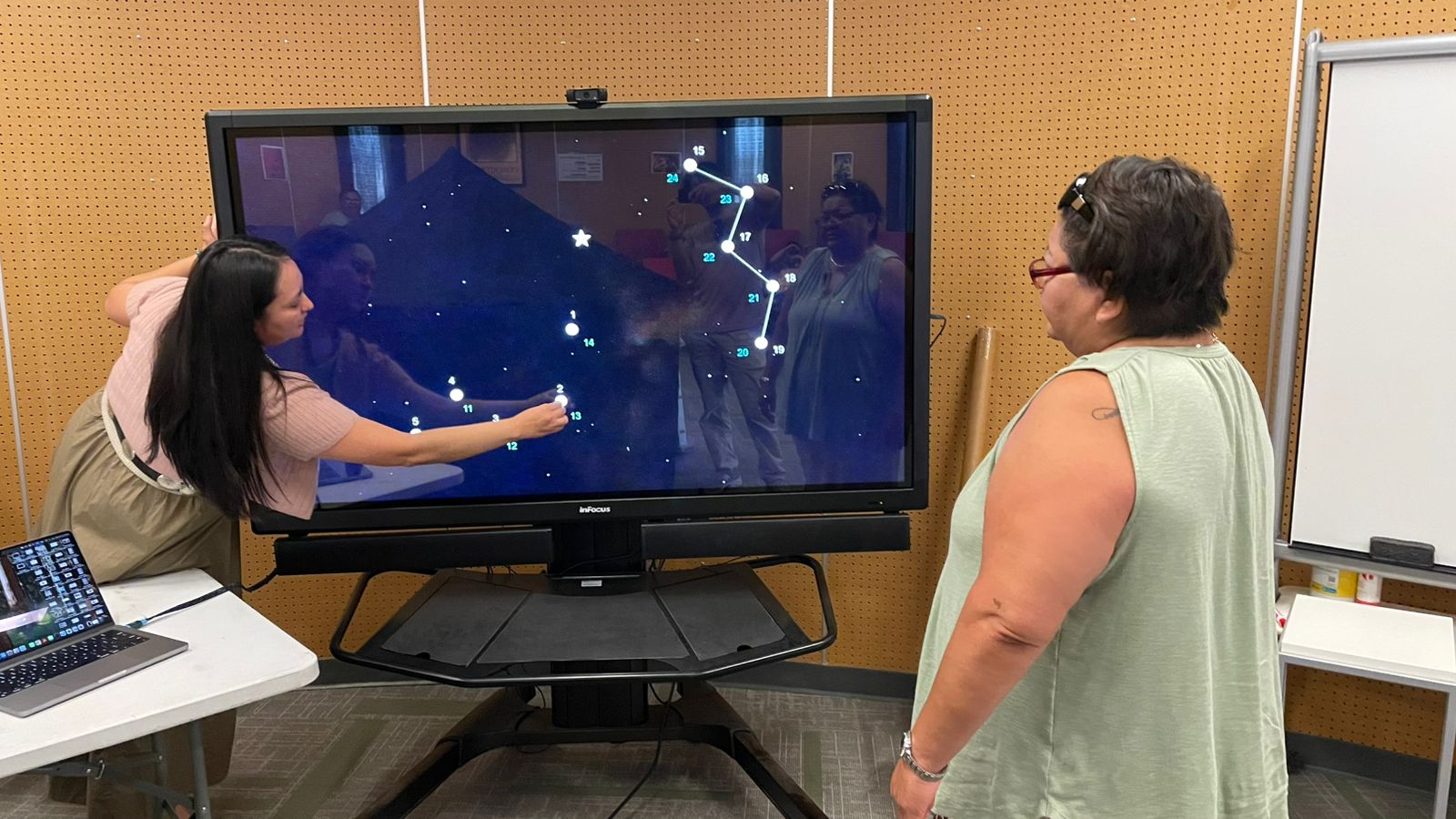Cooking With Poo
Posted by Seeker Network on Friday, October 7, 2016
A 2015 and 2016 Big Idea Contest winner, Feces to Fuel is unlocking the potential of human feces and other waste streams by transforming them into an affordable household cooking fuel. Sanivation provides in-home toilets to low-income households and a service to collect and treat human waste. The project aims to create charcoal briquettes from human and agricultural waste. These briquettes can be sold for less than conventional charcoal and produce less smoke than traditional household cooking fuels. This in turn reduces the users’ exposure to toxic fumes and indoor air pollution. Simultaneously, the briquettes have a lower carbon impact than traditional fuel. They offer a renewable energy source that reduces greenhouse gas emissions and deforestation by the charcoal industry.
Special thanks to our partners at Seeker. Seeker features adventurers, explorers, and storytellers who take a deep look at some of the most unique and provocative stories, designed to expand our perspective and build our awareness of the world. Through the lens of world, science and exploration, Seeker’s award-winning journalism team covers current events and global issues through daily programming and field documentaries.




